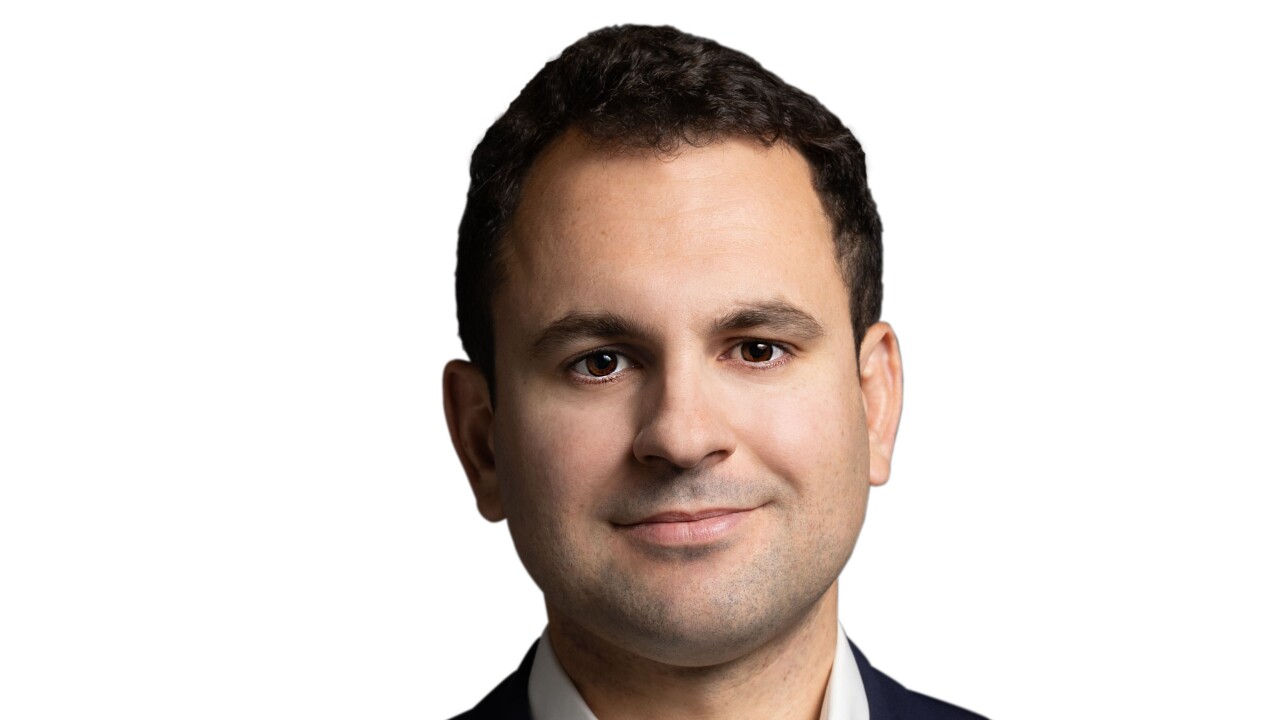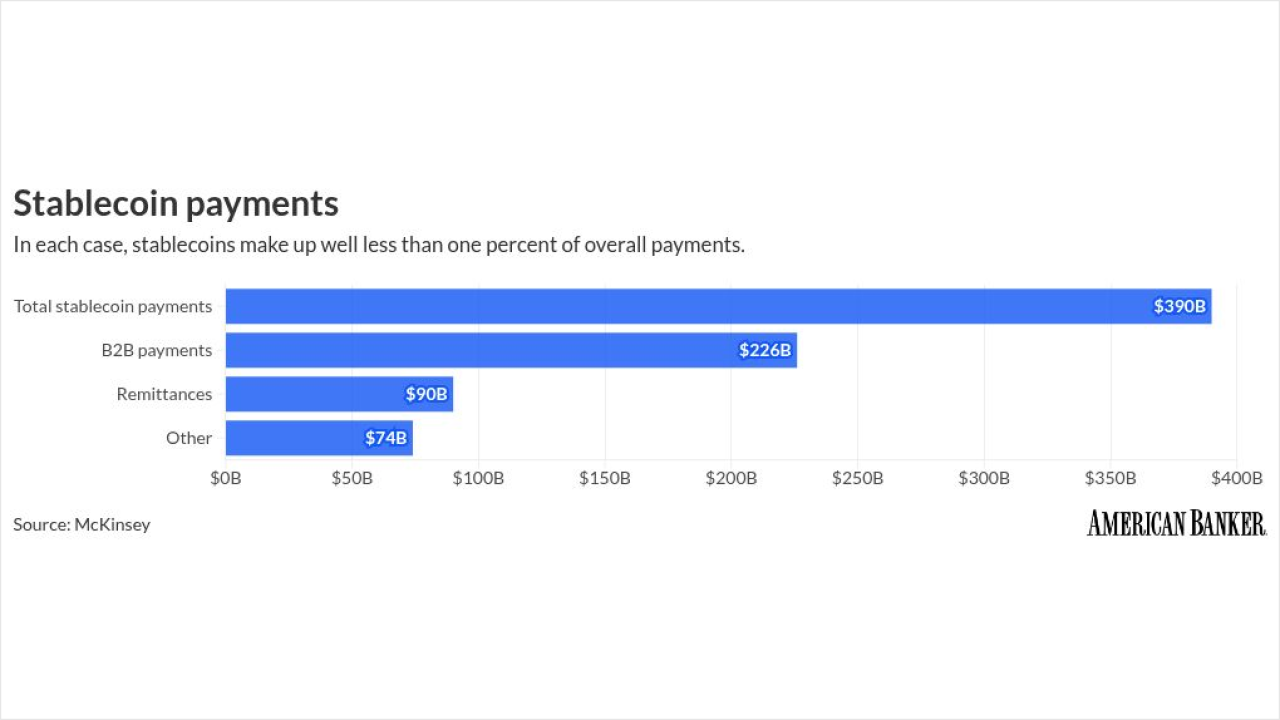Gov. Williams F. Weld of Massachusetts is considering the feasibility of privatizing the state's Turnpike Authority, a plan that could lead to defeasing the authority's $200 million of outstanding bonds.
Rankled by the turnpike's ongoing tax-exempt borrowing activities and conviced that the infrastructure improvements can be handled out of toll revenues, the governor has asked Goldman Sachs & Co. and other firms to submit feasibility proposals for either selling the authority outright or merging it into the state's transportation system, according to Dominic Slowey, chief spokesman in the executive office for administration and finance.
"They seem to be coming up with ways to continue themselves as an authority," Mr. Slowey said. "We feel that if [the authority] issues 20-, 30-or 40-year bonds, it would be solely to perpetuate their existence."
The authority is weighing a 10-year financing plan that includes the sale of about $660 million in tax-exempt bonds. Mr. Slowey said any attempt by the authority to borrow in the credit markets would be resisted by the governor.
"The governor has said he would oppose publicly the bond issue that they are proposing for this winter," Mr. Slowey said. "We in administration and finance are looking at ways to stop the sale."
Whether the governor has specific powers to interrupt the authority, which is an independent entity, is unclear, Mr. Slowey said. "But if the governor publicly opposed a sale, it would an effect," he said.
For the commonwealth to dismantle the turnpike authority, the Legislature would have to pass a specific statute, according to Eric Kriss, chief financial officer in administration and finance.
Market participants yesterday were abuzz over the ultimate fate of the $200 million in outstanding bonds, with many mentioning the possibility of a general obligation issue eventually being used to defease the debt. James Hearty, director of finance in administration and finance, declined to comment on any plans for the outstanding debt.
Goldman Sachs officers did not return telephone calls yesterday.
Officials at the turnpike authority downplayed the privatization proposals and said speculation on the financing plans was blown out of proportion.
"There's nothing formally proposed," said James Aloise, general counsel to the authority. "The governor's office doesn't have any pre-conceived notions."
As to whether outstanding bonds would be affected, Mr. Aloise said, "I don't know where that comes from: 85% to 90% is based on fantasy and not reality."
A major issue of contention developing between the authority and Gov. Weld is last fall's $47 million privately-placed borrowing. Mr. Aloise said "second-guessing" the authority on its borrowing decisions is an ill-informed activity, while the governor's office maintains that the work financed -- the resurfacing of the Callahan Tunnel's ceiling -- could have been covered by ongoing revenues.
"Because of the timing of that issue, we were able to get the replacement of the entire ceiling for $1 million less," Mr. Aloise said. "We fell we're saving $1 million. We feel that we did the right thing. That's the kind of stuff that becomes government by innuendo."
The actual hurdles to privatization are high and many, but the governor plans to pursue the concept, Mr. Slowey said. If sold to private interests, he suggested, the toll levels would decline by gleaning revenues through the leasing of authority property.
"Last year was the first round in toll hikes to fund the reconstruction program," he said. "They are only going to go up under the existing structure."
Other issues concerning the authority said to irritate the governor include a recent rash of self-awarded salary increases and the fact that many of former Gov. Michael S. Dukakis's staunchest allies are employed there.
Still, analysts were hesitant to take a stand on this latest round of political wrangling. Joan Dougherty, vice president at Moody's Investors Service, said, "There's been a lot of proposals out on these things.
"When you think back on how [Question 3] might have affected the independence of the authorities, it was a big issue," she added. "We see a lot of proposals in Massachusetts." Question 3, which would have rolled back fees charged by a number of authorities in the state, was defeated by voters last November.





